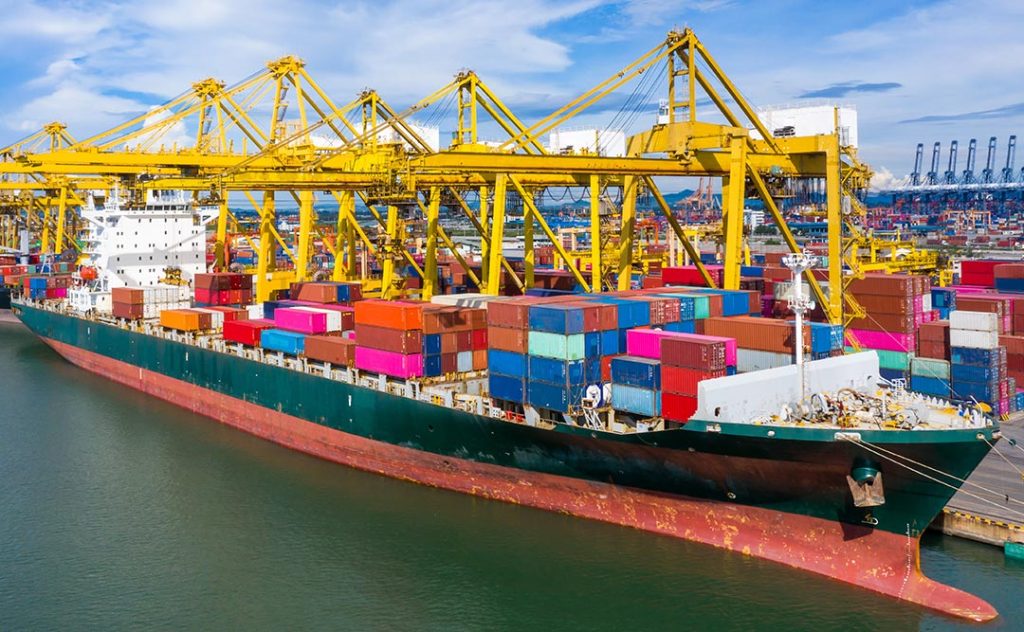Drawback suspension: new services included in this scheme

Learn all about the news involving Drawback Suspension, your new method for services, updating the law, how your exemption is and from what date will take effect.

Learn all about the news involving Drawback Suspension, your new method for services, updating the law, how your exemption is and from what date will take effect.